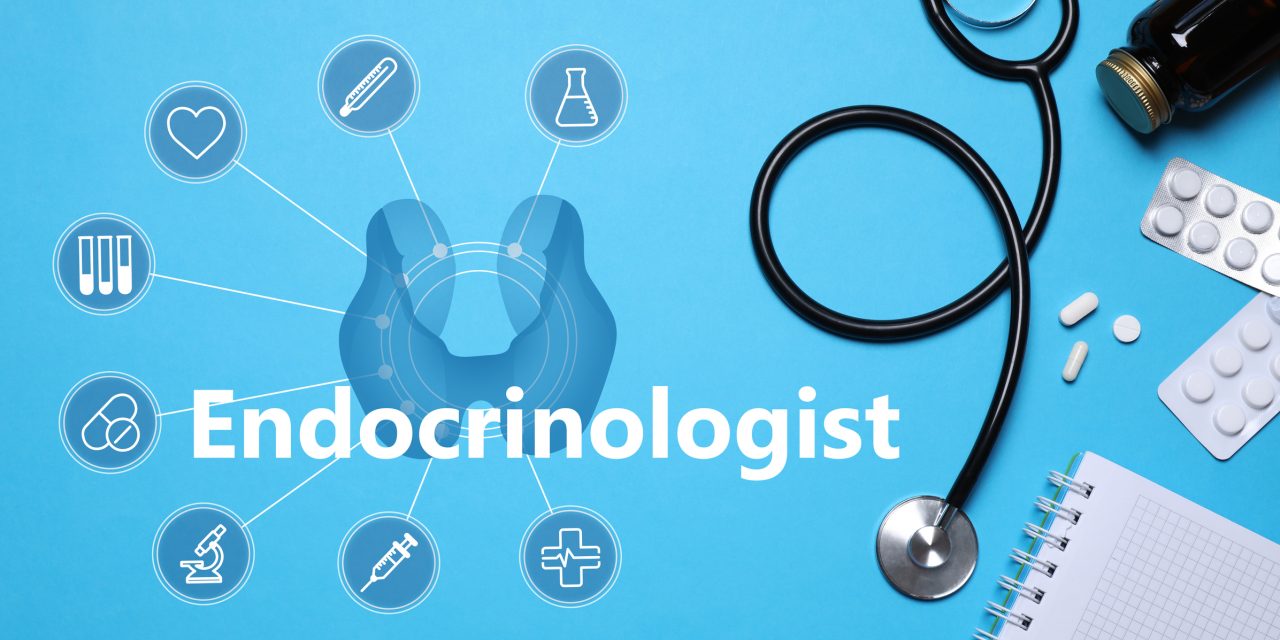Background Thyroid disorder is common among pregnant women. Hashimoto thyroiditis is the most common etiology of hypothyroidism among pregnant women. Many studies showed that hypothyroidism during pregnancy has been associated with negative outcomes for the mother and for child as well including miscarriage, intrauterine growth retardation, preterm delivery and cognitive impairment in the offspring. Objectives To assess the adverse maternal and neonatal outcome among hypothyroidism obese pregnant women. Methods This is a retrospective study conducted among obese pregnant women diagnosed with hypothyroidism attending King Abdulaziz University Hospital (KAUH), Jeddah, Saudi Arabia between January 1, 2013, and December 31, 2018. For analysis, we used (1) descriptive statistics, (2) Chi-square test, Pearson correlation, independent t-test, and one-way ANOVA to test the difference in thyroid stimulating hormone (TSH) levels and adverse pregnancy outcomes. A p-value of <0.05 is used to calculate statistical significance. Results A total of 9095 pregnant women had delivered in the last five years, 65 of these pregnant women had been diagnosed with hypothyroidism and 57 were enrolled in our study. Out of 65, 44 (77.2%) were Saudi, and 13 (22.8%) non-Saudis. Mean age at the time of delivery was 32.9 ± 5.6 years, while BMI means were 35.7 ± 4.6. A total of 35 (61.4%) were from class 1, 14 (26.2%) were from class 2 and eight (12.3%) were from class 3. Out of 57, 16 (28.1%) developed undesired antepartum outcomes, while 14 (21.5%) had postpartum outcomes. Preterm labor, gestational diabetes mellitus, and urinary tract infections were significantly associated with abnormal TSH levels (P < 0.05). Conclusion As demonstrated earlier, hypothyroidism during pregnancy leads to unfavorable outcomes. Therefore, screening for thyroid function tests in prenatal and antenatal periods is vital to avoid potential adverse outcomes.Copyright © 2020, Fallatah et al.
Pregnancy Outcomes among Obese Pregnant Women with Hypothyroidism: Medical Record Review of a Single Tertiary Center in Saudi Arabia.


